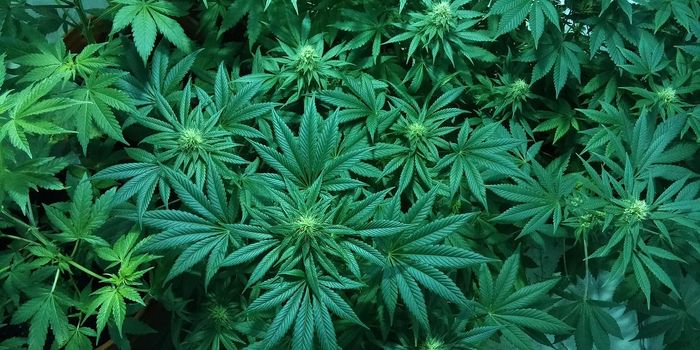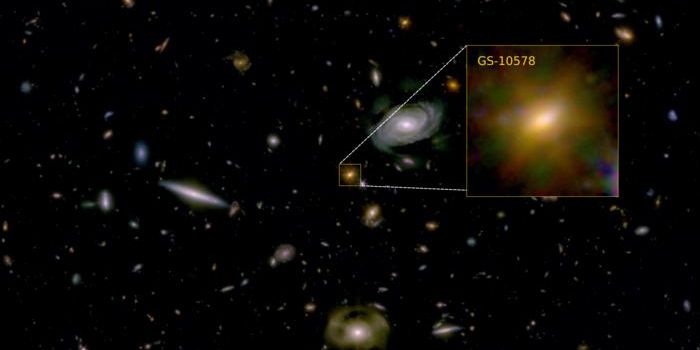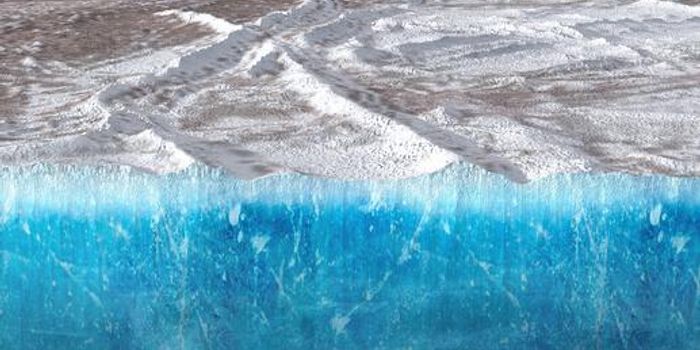Africa Faces Growing Heat Wave Threat Amid Climate Change
What impact can more intense heat waves have on Africa and its infrastructure? This is what a recent study published in Communications Earth & Environment hopes to address as an international team of scientists investigated how African heatwave trends resulting from climate change are influencing Africa’s populations and ecosystems. This study has the potential to help researchers, climate scientists, legislators, and the public better understand the ramifications of climate change and the steps that can be taken to mitigate them.
For the study, the researchers used a series of computer models to analyze temperature data from 1950-1979 and 1985-2014 with the goal of measuring heatwave trends across Africa as the amount of greenhouse gases and human-caused aerosols increased during both time periods. This study comes as the West African city of Keyes experienced 119 degrees Fahrenheit in April 2024, with the summer of 2024 being labeled as the “hottest year on record”.
In the end, the researchers found that 1950-1979 experienced stable temperatures resulting from greenhouses gas warming being reduced due to aerosol cooling. However, the team found that 1985-2014 experienced increased temperatures and heatwave trends, specifically the intensity, duration, and frequency. For example, 1950-1979 experienced approximately one heatwave every three to eight years, whereas 1985-2014 experienced at least one heatwave every two years whose durations were three times longer than 1950-1979.
“The impacts are wide-ranging, from productivity to food shortage to energy,” said Dr. Akintomide A. Akinsanola, who is an assistant professor in the Department of Earth and Environmental Sciences at the University of Chicago Illinois and a co-author on the study. “Remember that the African population is close to 2 billion. Heat waves can lead to drought, trigger migration and spark conflicts, thereby impacting regional, continental and even global stability.”
How will climate change continue to impact African heatwave trends in the coming years and decades? Only time will tell, and this is why we science!
As always, keep doing science & keep looking up!








